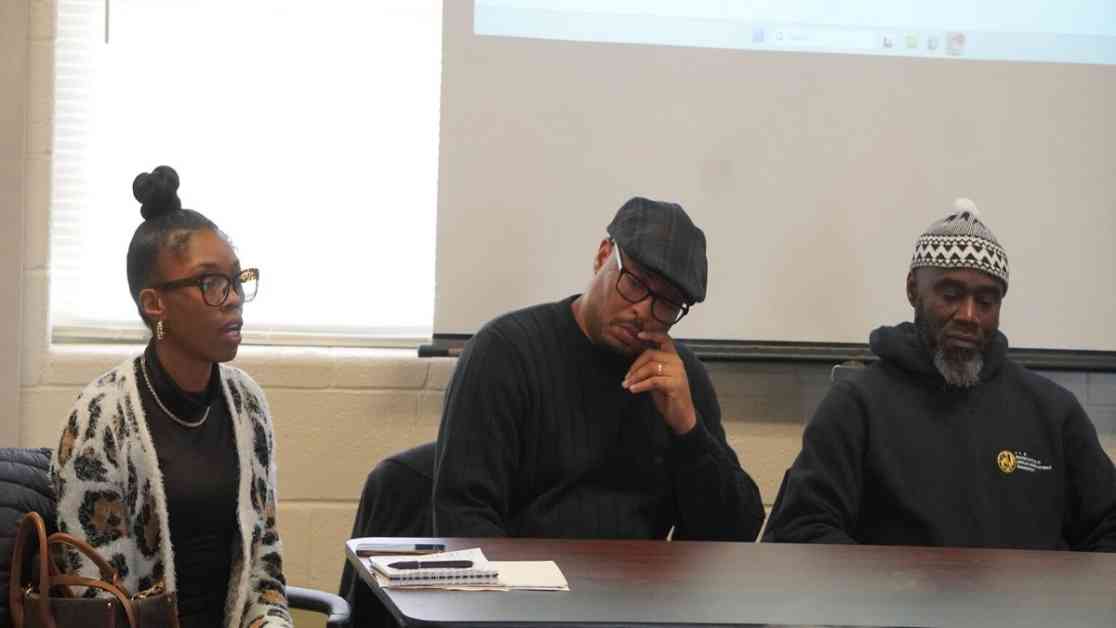End Automatic Charging of Youths as Adults Advocated by Public Defenders in Maryland
Jabriera Handy, a former 16-year-old girl, found herself in a nightmare after a fateful argument with her grandmother led to tragic consequences. When her grandmother suffered a fatal heart attack, Jabriera was charged with second-degree murder and assault, despite her age. This automatically classified her as an adult under Maryland law, subjecting her to the harsh realities of the adult criminal justice system. Spending 11 months in detention, including solitary confinement, Jabriera’s life took a dark turn at a young age.
Personal Impact of Charging Youths as Adults
Now at 33, Jabriera still carries the scars of her time in the adult prison system. The anxiety she feels in large crowds serves as a constant reminder of the trauma she endured. As a mother to an 11-year-old daughter, she is committed to advocating for change to ensure that no child faces the same fate she did. The emotional toll of being charged as an adult has left an indelible mark on her life, highlighting the urgent need for reform in Maryland’s juvenile justice system.
Legislative Efforts and Advocacy
The Office of the Public Defender has made ending the automatic charging of youths as adults a top priority. With legislation aimed at reforming the juvenile justice system, advocates hope to prevent more young lives from being derailed by the adult criminal justice system. Public Defender Natasha Dartigue and Attorney General Anthony Brown are at the forefront of this movement, seeking to implement 18 recommendations to overhaul the current system.
According to the public defender’s office, Maryland’s practice of automatically sending teenagers aged 14 to 17 to adult court ranks second in the nation, behind Alabama. The inefficiencies and injustices of this system have far-reaching consequences, with unnecessary delays, backlogs, and wasted resources plaguing the state’s legal system. By ending the automatic charging of children as adults, advocates believe that Maryland can redirect $20 million towards community resources and support services for at-risk youth.
Other Legislative Priorities
In addition to juvenile justice reform, the public defender’s office is pushing for reforms in the state’s parole system, funding for indigent defense, and safer traffic stops. These initiatives aim to create a more equitable and just legal system, ensuring that vulnerable individuals have access to quality legal representation. From downgrading primary traffic violations to advocating for medical and geriatric parole, Maryland lawmakers are facing critical decisions that will shape the future of the state’s criminal justice system.
As the legislative session unfolds, the voices of advocates, lawmakers, and community members will converge in a crucial dialogue about the future of Maryland’s legal system. The stories of individuals like Jabriera Handy serve as a stark reminder of the human cost of flawed policies and the urgent need for systemic change. In the quest for justice and equity, Maryland stands at a crossroads, where the decisions made today will impact generations to come.

















